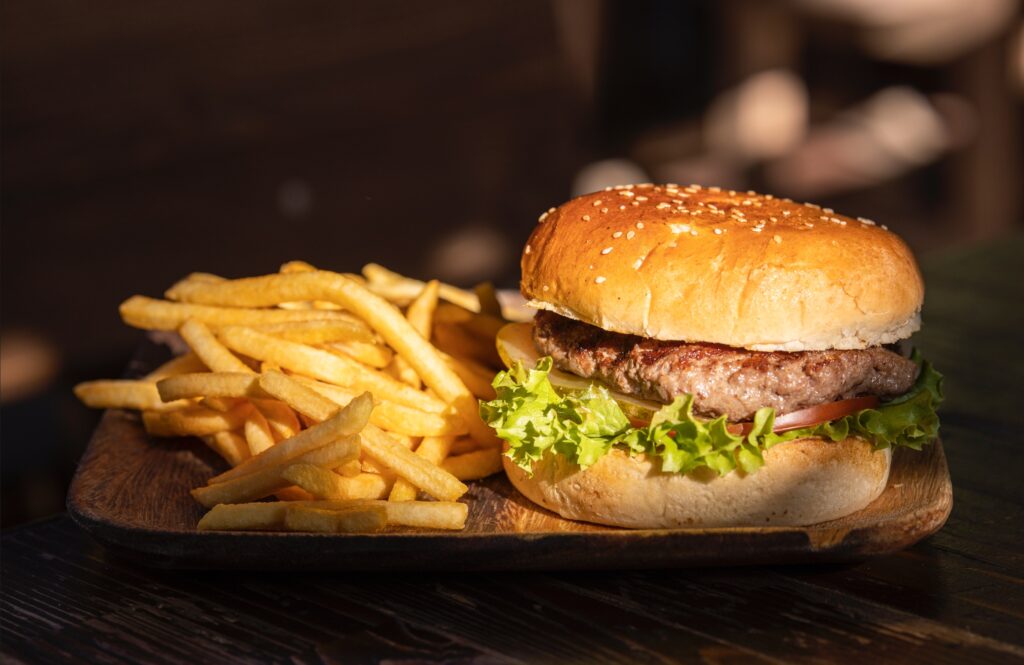How To Lose Weight Faster
In today’s fast-paced world, the question on how to lose weight faster has been on everyone’s mind. Whether it’s for health reasons or personal appearance, losing weight faster is often seen as the most effective way to achieve one’s goals. However, it’s important to remember that losing weight quickly isn’t always the healthiest or most sustainable option. Here are some tips on how to lose weight faster, but safely and healthily.
Increase your protein intake
Protein is an essential nutrient that plays a vital role in building and repairing tissues in the body. It also helps to keep you feeling full and satisfied for longer periods of time, which can help you to consume fewer calories overall. By increasing your protein intake, you can boost your metabolism and burn more calories throughout the day. Aim to include lean sources of protein such as chicken, fish, eggs, and legumes in your diet.

Cut back on carbs
While carbohydrates are an important source of energy, consuming too many can lead to weight gain. To lose weight faster, try reducing your intake of carbohydrates such as bread, pasta, rice, and potatoes. Instead, focus on eating more vegetables, fruits, and whole grains such as quinoa, brown rice, and oats. These foods are rich in fiber, which can help you to feel full and satisfied without consuming too many calories.

Drink more water
Drinking water is essential for good health, but it can also help you to lose weight faster. By staying hydrated, you can reduce your appetite and improve your metabolism. Drinking water before meals can also help you to consume fewer calories overall. Aim to drink at least 8 glasses of water per day, and more if you are physically active or live in a hot climate.

Increase your physical activity
Exercise is a crucial component of any weight loss plan. By increasing your physical activity, you can burn more calories and improve your overall health. Aim to exercise for at least 30 minutes per day, 5 days a week. This can include activities such as walking, jogging, cycling, or swimming. You can also try incorporating strength training exercises such as weight lifting or bodyweight exercises to build lean muscle mass and boost your metabolism.

Get enough sleep
Sleep is an important factor in weight loss. Lack of sleep can disrupt your hormones and increase your appetite, leading to weight gain. Aim to get at least 7-8 hours of sleep per night to support your weight loss goals. Establishing a regular sleep schedule and creating a relaxing bedtime routine can also help you to improve your sleep quality.

Practice mindful eating
Mindful eating involves paying attention to your hunger and fullness cues, and eating slowly and mindfully. By practicing mindful eating, you can reduce your risk of overeating and consume fewer calories overall. Try to eat in a calm, distraction-free environment, and take the time to savor and enjoy your food. Avoid eating in front of the TV or computer, as this can lead to mindless snacking and overeating.
Consider intermittent fasting
Intermittent fasting involves cycling between periods of eating and fasting. This can help to improve your insulin sensitivity, boost your metabolism, and promote weight loss. There are many different ways to practice intermittent fasting, such as the 16/8 method, where you fast for 16 hours and eat during an 8-hour window. However, it’s important to consult with a healthcare professional before trying intermittent fasting, especially if you have a history of eating disorders or other medical conditions.
In conclusion, losing weight faster is achievable, but it’s important to do so in a safe and healthy manner. By following these tips, you can boost your metabolism, burn more calories, and achieve your weight loss goals. Remember to be patient and consistent.




